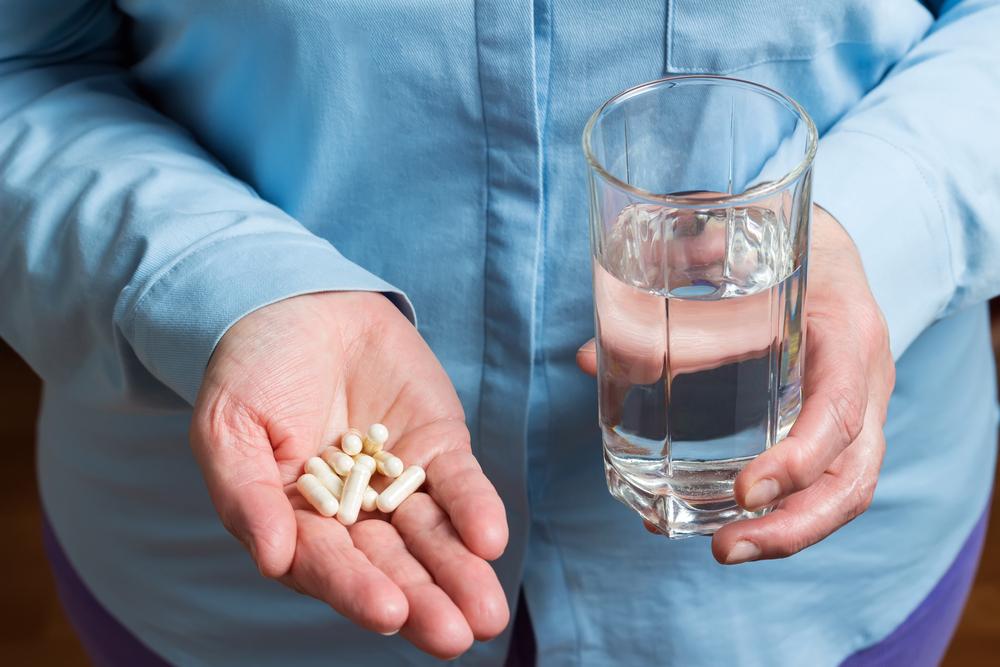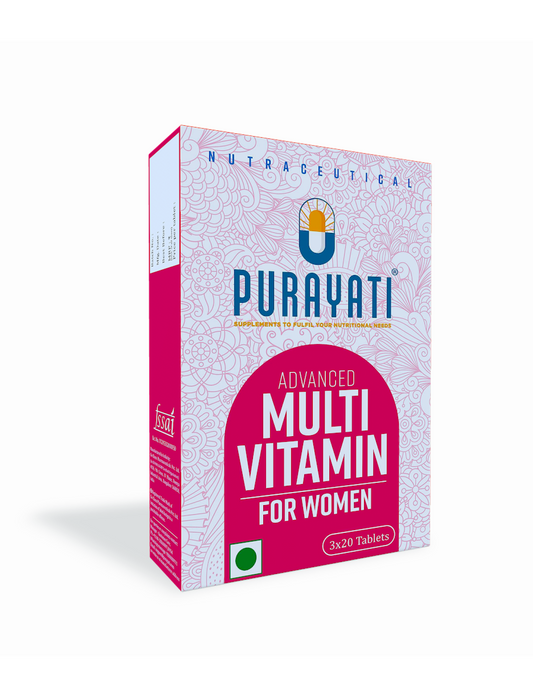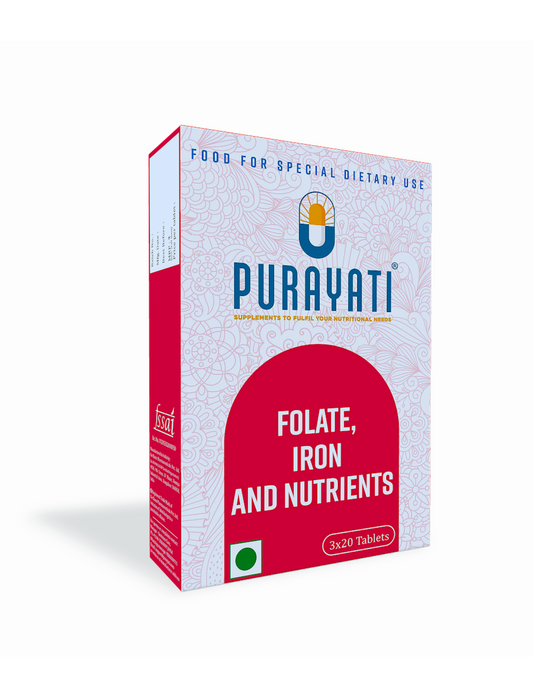Table of Contents
- What is Glucosamine?
- Why Do We Need Glucosamine?
- How does Glucosamine really work?
- Does glucosamine help with osteoarthritis?
- Other Uses and Evidence of Glucosamine
- Side Effects & Safety
- Special Precautions & Warnings
- Interactions
- Risks
- Dosing
What is Glucosamine?
Glucosamine is a type of molecule which occurs naturally in the body and is also a very popular dietary supplement. It is primarily used to treat symptoms of joint disorders and bone disorders in an individual. Additionally, it is also used to treat other types of inflammatory diseases as well. They are the second famous dietary supplement.
The different types of glucosamine are:
- Glucosamine sulfate
- Glucosamine hydrochloride
- Glucosamine N-acetyl
The supplements come either in the form of capsules or tablets and are also available in the form of injection is what you are looking for.
Why Do We Need Glucosamine?
Glucosamine dietary supplements are the second most famous dietary supplement for a reason. It serves as a building block for a plethora of different functional molecules present in the body but the most important glucosamine use that it is essentially known for is the development and maintenance of cartilage within your joints. The type that helps the most with this is glucosamine sulfate and chondroitin sulfate.

Some of the different glucosamine benefits have been mentioned below for your reference:
- May help reduce inflammation
- Helps in supporting healthy joints
- Used to treat joint and bone disorders
How does Glucosamine really work?
Glucosamine is something that occurs naturally in the body but as people grow older, the level of it in their body falls. In time, then may then lead to joint deterioration.
Some of the reasons why people take glucosamine sulfate supplements are:
- Glaucoma
- Osteoarthritis
- Jaw pain
- Weight loss
- Back pain
- Joint pain
- Multiple sclerosis (MS)
- A bladder condition is known as interstitial cystitis
- Heart disease
- HIV
- AIDS
Glucosamine hydrochloride and Glucosamine N-acetyl supplements are also taken to help with the above. Having said that, it should be known that there is not enough evidence for the above.
Does glucosamine help with osteoarthritis?
There are a lot of people who specially take glucosamine sulfate supplements to help with the treatment of osteoarthritis especially one of the knees or the hip. There are some studies also which indicate that it may help in reducing pain and improving the function of the hips or knees.
There is a lot of debate around this and scientists have questioned whether glucosamine products actually work and do the work they claim. Experts have suggested that it simply may be a placebo effect where just the thought of taking a supplement causes an individual to feel better when it actually has not done anything for them to feel better. The current guidelines which exist suggest that glucosamine chondroitin should not be used to treat this condition. This is because there is not enough evidence to prove whether there are any glucosamine chondroitin MSM benefits.
Other Uses and Evidence of Glucosamine
Currently, individuals typically consume glucosamine to help in the prevention or treatment of a range of different conditions. The various scientific investigations into the various uses of glucosamine sulfate are still inconclusive and lack evidence about how effective it really is.
There has been some research conducted on animals and human beings using Glucosamine hydrochloride and Glucosamine N-acetyl and these are what was found from the study:
- Inflammatory bowel disease is essentially associated with a deficiency in the levels of glycosaminoglycan. It is said to suppress and cause changes in triggers that cause irritable bowel disease but there is still very little research that is done to fully support this. However, it is still said that it may reduce inflammation. Irrespective of these claims, there is more research that is needed to draw any definitive conclusions about this.
- It can dampen the immune response which then leads to MS however the research to support this completely is still lacking. Studies have been done which talks about using this along with the traditional treatment for multiple sclerosis for the purpose of relapsing-remitting. But studies did not show any significant impact on the relapse rate or the progression of the disease as a result of taking these glucosamine supplements.
- It can help to improve knee mobility in an individual who has suffered from a sports injury
- It is said to be an effective treatment for interstitial cystitis (IC), a condition that essentially happens due to a deficiency in the compound called glycosaminoglycan. Due to the fact that glucosamine is a precursor to this particular compound hence it is said that glucosamine supplements may help in the managing of IC.
- It is also said that glaucoma can be treated with glucosamine. Research tells that it helps in promoting eye health due to a reduction in inflammation and other antioxidants effects in the individual’s retina.
- Studies also claim that it is an effective treatment for temporomandibular joint (TMJ) however the study to actually support this is not too sufficient. There have been studies conducted on a small group of individuals however these studies are not too promising and more research is needed.
Apart from the above, there is no evidence that glucosamine has any sort of effect on chronic lower back pain however glucosamine for joint pain relief is something that a lot of experts and users swear by.
Side Effects & Safety
Some of the side effects of taking glucosamine sulfate supplements or any other glucosamine supplements include:
- An individual may experience Headaches
- Suffering from Diarrhoea
- An individual may notice Rashes on different parts of the body
- Experiencing Indigestion
- A feeling of Drowsiness multiple times during the day
- A feeling of Constipation for a few days
However, experts have said that despite the risk factors, when it is taken correctly it is safe.
Special Precautions & Warnings:
When an individual wants to take glucosamine tablets you must always do so in consultation with your doctor. In case if you are allergic to say any type of shellfish or crabs or shrimp then you should inform your doctor because glucosamine products are made from them and may contain some inactive ingredients which can cause problems and other allergic reactions due to this. Any other allergies that you face must also be highlighted to the doctor before starting with the medication.
In case you are suffering from the above-mentioned health diseases like asthma or diabetes or are pregnant or breastfeeding then you should consult either your doctor or your pharmacist before you consumer glucosamine sulfate in any form.
If you are consuming glucosamine in the liquid form then you must remember that it may contain alcohol, sugar, or aspartame. Hence, if an individual is suffering from diabetes, phenylketonuria, or liver disease or for that matter any other medical condition that requires them to limit or avoid these mentioned substances or ingredients in their diet then they must exercise caution while consuming this.
If a woman is pregnant or has delivered her baby and is now in the stage of breastfeeding it, then doctor consultation is absolutely necessary as researchers still do not know if this product passes into breast milk or not.
The risk factors associated with glucosamine consumption has also been mentioned for your understanding and knowledge so that you are well aware before taking any medication. It is always best to be aware of your body, what it accepts, and what it does not accept. Accordingly, do your research thoroughly, take expert opinion, and only then put anything inside your body. This applies to everything in life in general too.
Buy Purayati Bone Health Supplements to make your bones strong
Interactions
It is a known fact that drug interactions have chances to change the way your medication works or may also increase the risk for some serious side effects due to that. Researchers and scientists do not know all the possible interactions due to the consumption of glucosamine sulfate as the research done till now is still not enough.
Before you start with any new medication of this make a list of all the products that you use including prescription drugs, nonprescription drugs, and herbal products, and ensure that you show it to your pharmacist or doctor so they are aware of it. Unless and until you have not consulted your doctor, do not change, start or stop the dosage of any medication that you take.
As per the research studies done till now, some of the products that may react with this drug that is glucosamine include some of the chemotherapy drugs like doxorubicin and teniposide.
There are some other such permutations and combinations of various drugs that researches have discovered which might end up doing more harm than good.
It must also be kept in mind that different bodies will react to different drugs in a different manner. Never compare your experience with someone else’s experience or follow what someone else is doing or not doing. It is something that is very individual-specific and has its own ways of showing up.
Also if you are not sure if you have any allergies or if you may have some sort of allergies then you must talk to your doctor about this as well and ask him to recommend a way forward before you take any sort of decision regarding which medication you can take and which ones you should not take. These are some things to keep in mind.
Risks
Just like everything, glucosamine capsules or supplements may not be for everyone. This is more so in the case for people who are dealing with the following risk factors:
- Women who are pregnant and are breastfeeding
- An individual who is suffering from cancer must first consult the doctor before consuming glucosamine in any form.
- These supplements might affect glucose levels and hence anyone suffering from diabetes should ideally stay away from this.
- Glucosamine might trigger shortness of breath and other effects on someone suffering from asthma.
Individuals falling into the above category must stay away from glucosamine chondroitin tablets.
Dosing
The recommended glucosamine dosage is about 1500 mg per day. This can either be taken all at once or can be taken in small doses throughout the day.
The supplements for glucosamine is found in two different forms as already discussed above:
- Glucosamine sulfate
- Glucosamine hydrochloride
At times it is also sold in a combination along with chondroitin sulfate. These supplements are made from natural sources such as fungi or shellfish shells. It is also manufactured artificially in medicals labs as well for selling purposes.
The same daily amount can be taken for glucosamine chondroitin MSM dosage as well.
Bottom Line
It is understood from research that glucosamine, when taken in oral form like glucosamine supplements, is relatively safer than any other form of it. People who do not suffer from asthma, diabetes, or any other allergies and are pregnant or breastfeeding are relatively risk-free to take glucosamine orally.
However, having said all that, the fact that it can treat health issues and joint complaints is currently lacking as per the research done.



